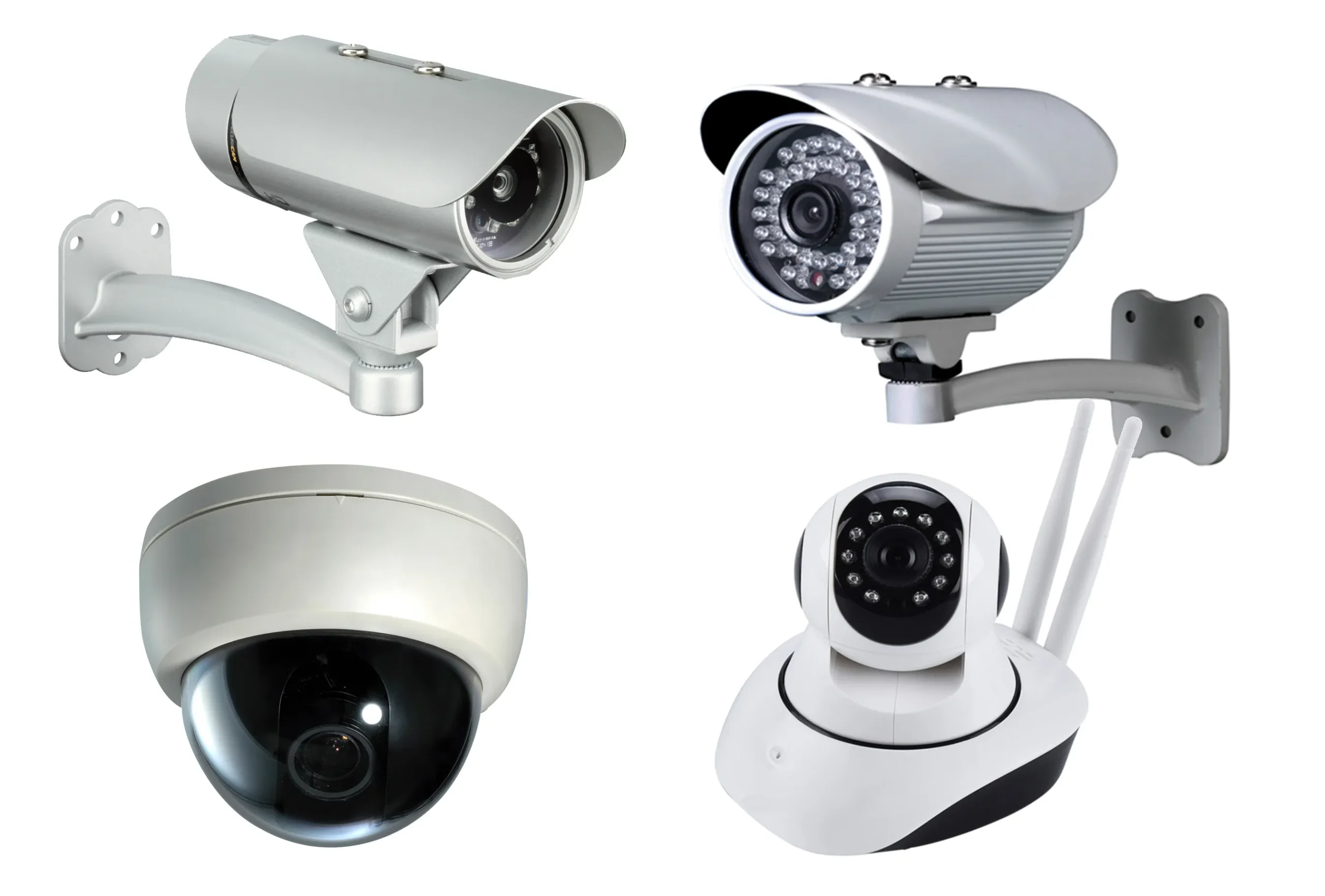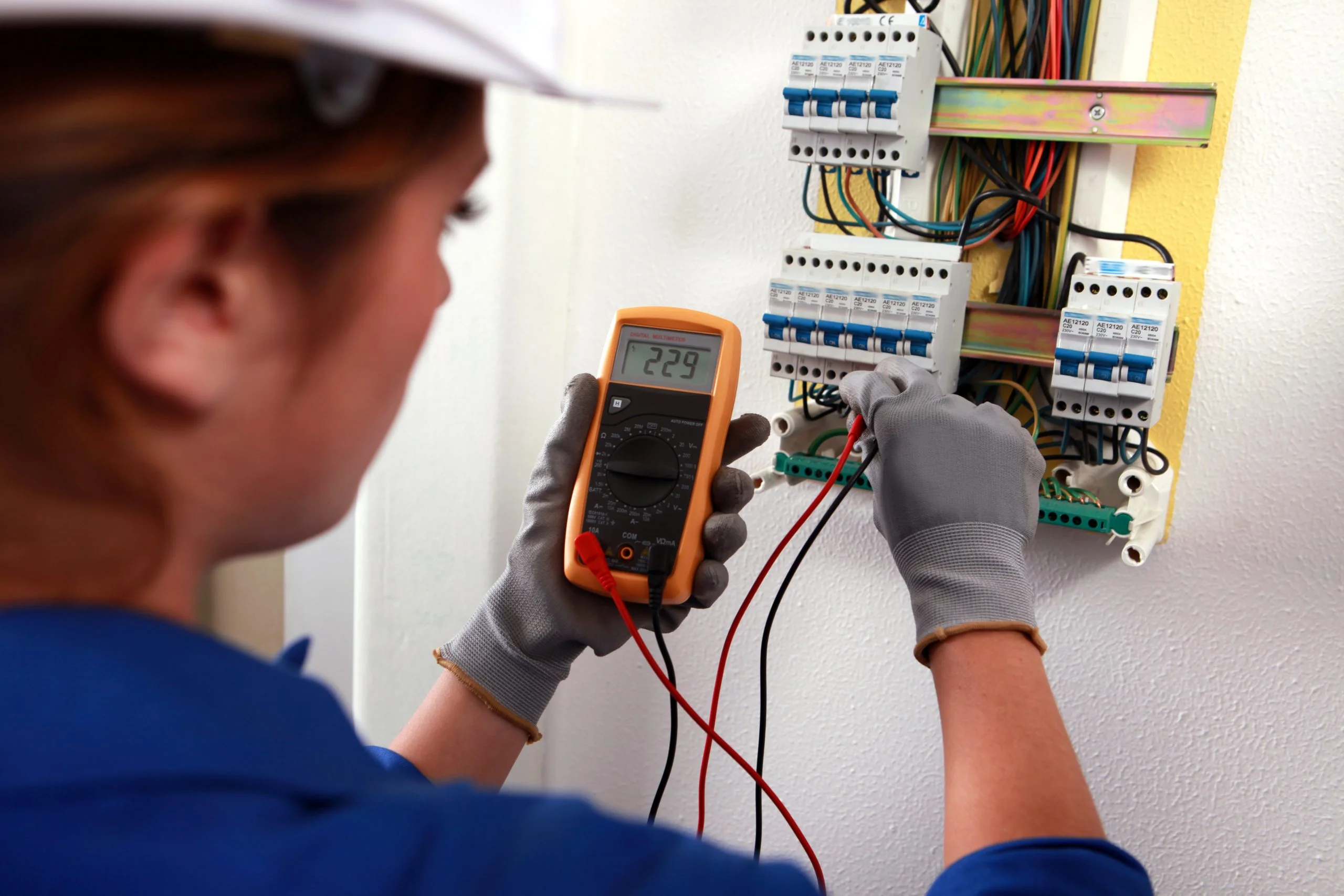In today’s modern world, ensuring the safety and security of our homes has become a top priority. One effective way to achieve this is by installing surveillance cameras. However, when it comes to choosing between wireless and wired surveillance cameras, many homeowners find themselves at a crossroads.
In this blog, we will delve into the pros and cons of both options, helping you make an informed decision that suits your specific needs and preferences.
Tangled or Free? Navigating the World of Wireless and Wired Surveillance Cameras
When it comes to surveillance cameras, the first decision you need to make is whether to go wireless or stick with the traditional wired option. Each type has its own set of advantages and considerations.
Let’s explore them further:
Wireless Surveillance Cameras
Wireless surveillance cameras have gained immense popularity in recent years due to their convenience and flexibility. These cameras operate using Wi-Fi or cellular networks, eliminating the need for tangled wires and complicated installations. Here are some key points to consider:
- Easy Installation: One of the biggest advantages of wireless surveillance cameras is their ease of installation. With no wires to worry about, you can place the cameras anywhere within the range of your Wi-Fi network. This flexibility allows for quick and hassle-free setup.
- Remote Access: Wireless cameras offer the convenience of remote access, allowing you to monitor your home from anywhere using your smartphone or computer. This feature provides peace of mind, especially when you’re away from home.
- Expandability: Wireless surveillance systems are easily expandable, allowing you to add more cameras to your setup without the need for extensive wiring. This scalability is ideal for homeowners who want to gradually increase their surveillance coverage.
Wired Surveillance Cameras
While wireless surveillance cameras have their merits, wired cameras still hold their ground in terms of reliability and durability.
Here are some key points to consider when opting for a wired setup:
- Stability and Reliability: Wired surveillance cameras are known for their stability and reliability. Unlike wireless cameras, which can sometimes experience interference or signal loss, wired cameras provide a consistent and uninterrupted video feed.
- Power Source: Wired cameras are powered by the same cables used for video transmission. This eliminates the need for separate power sources or batteries, ensuring a continuous power supply.
- Enhanced Video Quality: Wired cameras often offer higher video quality compared to their wireless counterparts. This is due to the direct and uninterrupted connection between the camera and the recording device.
Pros and Cons of Wireless and Wired Surveillance Cameras
To help you make a well-informed decision, let’s summarize the pros and cons of both wireless and wired surveillance cameras:
Wireless Surveillance Cameras:
Pros:
- Easy installation and flexibility
- Remote access for monitoring
- Expandability for future needs
Cons:
- Potential for signal interference or loss
- Requires a stable Wi-Fi or cellular network
- Limited battery life for wireless cameras
Wired Surveillance Cameras:
Pros:
- Stable and reliable connection
- Continuous power supply
- Enhanced video quality
Cons:
- Complex installation with wiring requirements
- Limited flexibility for camera placement
- The higher upfront cost for professional installation
Conclusion
Choosing between wireless and wired surveillance cameras ultimately depends on your specific needs and preferences. If you prioritize convenience, easy installation, and flexibility, wireless cameras may be the right choice for you. On the other hand, if stability, reliability, and enhanced video quality are your main concerns, wired cameras are worth considering.
Before making a final decision, take into account factors such as your home’s layout, the desired coverage area, and your budget. Consulting with a professional security system provider can also help you make an informed choice tailored to your unique requirements.
Remember, the safety and security of your home are paramount, so choose wisely and enjoy the peace of mind that comes with a reliable surveillance system.



